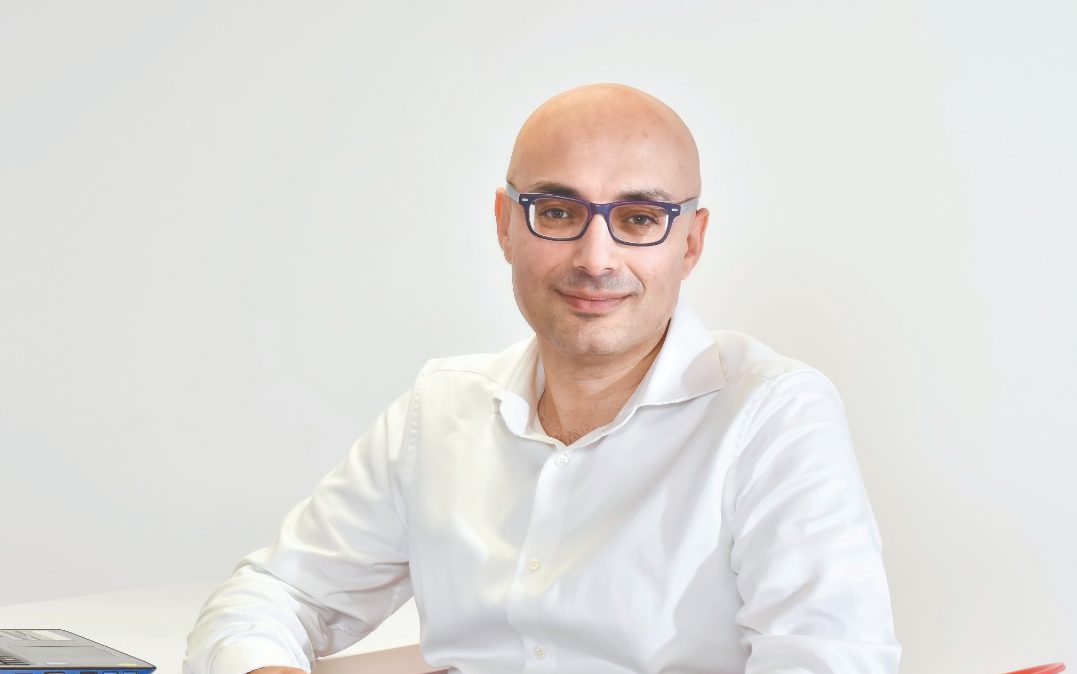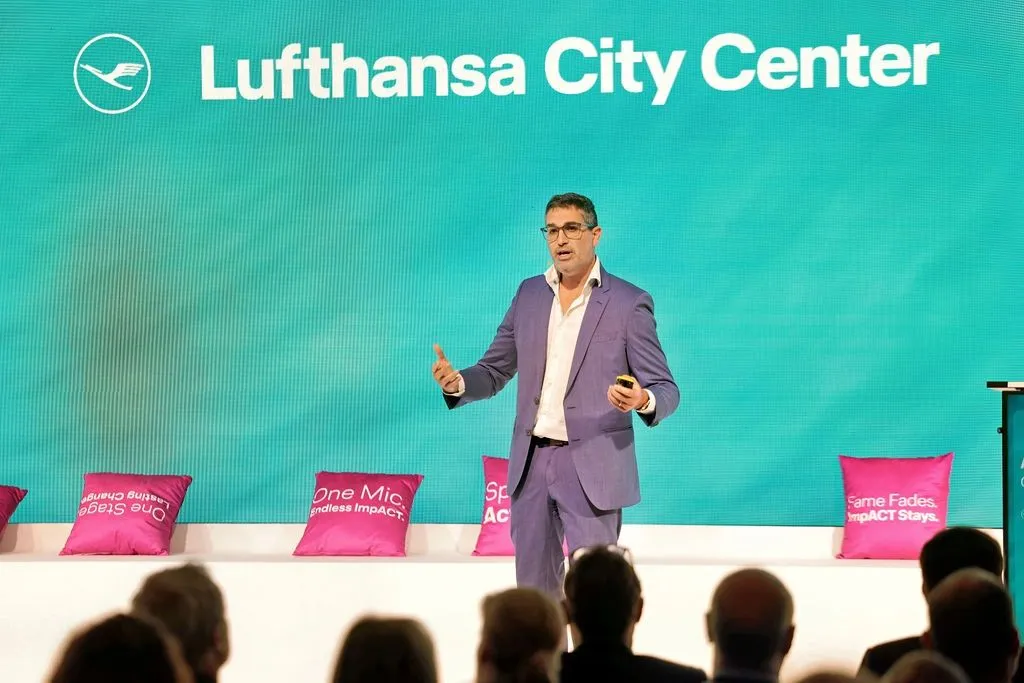Malta’s economy, if measured in GDP growth, is well. With an average growth rate of 6.6 per cent , it blooms ahead of EU average (1.6 per cent), and its expansion rests heavily on the shoulders of foreign workers – in industries like hospitality, gaming, healthcare, and construction but also all other sectors.
“Foreign national workers do not support the economy. They are essential for the Maltese economy,” CEO of recruitment firm Konnekt, Josef Said, tells MaltaCEOs.mt.
Mr Said explains that between 2013 and 2023, 76 per cent of the total increase in the workforce came from foreign workers. This highlights their critical importance in filling labour gaps that the local population alone cannot sustain.
In fact, Malta is increasingly dependent on foreign workers, with the proportion of non-Maltese nationals in the workforce grew 9.9 per cent in 2013 to 36.5 per cent by 2025.
According to Malta 2050, Konnekt’s Perspective on Malta’s Labour Migration Policy Consultation Document January 2025, by 2050, the number of foreign workers will be 70 per cent.
That means that roughly one in every three workers will be Maltese.
“The recruitment landscape in Malta has experienced rapid transformation, with a strong demand for foreign workers across multiple industries,” Mister Said says, citing key trends.
For a number of critical sectors foreign workers already exceed Maltese nationals. They represent 90 per cent of activities of households as employers, 65 per cent in accommodation and food services, 58 per cent of arts entertainment and recreation. In construction, foreign workers make up just over half (55 percent) and 51 per cent in administrative and support services.
The local population simply cannot sustain filling labour gaps. One reason is Malta’s low fertility rate.
“Given Malta’s low fertility rate (1.08) according to last year’s Eurostat figures, the number of Maltese entering the workforce is insufficient to maintain economic momentum. The labour market is expected to reach 462,000 workers by 2050, with foreign workers making up the majority (323,000).”
Reducing the number of foreign workers would also severely shrink household and government revenues, certainly destabilising the economy and essential services.”
Recruitment challenges
While the economy continues to grow, the Konnekt CEO warns of critical hurdles in recruitment, namely in retention and regulatory barriers.
“Due to lack of clear path to citizenship, many foreign workers see Malta as a temporary stop before moving to other European countries,” he explains.
Policies surrounding work permits, change of employer (mobility), and financial integration (e.g., access to banking and housing) also hinder long-term retention.
Other European countries provide better long-term incentives for migrants (e.g., clearer paths to citizenship), making Malta less competitive in attracting talent.”
Policy changes are needed to address these issues, which affect the entire economic ecosystem.
“Foreign workers will outnumber Maltese nationals in the labour market by 2050. If they remain politically and socially excluded, this could fuel resentment, unrest, and a sense of disenfranchisement.”
A lack of integration measures (such as better pathways to citizenship and equal job mobility rights) could exacerbate divisions between locals and foreign residents.
Malta’s history is deeply tied to migration – both inwards and outwards and policy needs to reflect that as soon as possible.
“Denying today’s foreign workers the same opportunities contradicts this legacy. Establishing a structured path to citizenship is both a moral obligation and an economic necessity to encourage long-term commitment from foreign workers,” he finishes.
Malta’s finance minister Clyde Caurana has previously flagged an imminent labour shortage in the workforce, driven by a low fertility rate and ageing population, noting businesses in all sectors are desperate for workers.
Just last week in Parliament, Mr Caruana warned action needs to be taken swiftly and it will be expensive. He estimated that in 50 years time, the Maltese population will drop to 240,000, of which almost half will be elderly. In fact, the local working age population has already dropped down by 5,000 over last decade.
Why corporate-funded travel is a different ball game for Malta – Alan Arrigo
When Malta hosted the general assembly of Lufthansa City Center, the impact went beyond immediate delegate spending.
World Radio Day: 10 business-forward podcasts to have in your rotation
A mix of Maltese and international podcasts we think are worth your time.
Gertrude Micallef promoted to Senior Consultant at Shoulder Compliance
Prior to entering the compliance field, she built a career in technology and professional services.
69% of employees say their skills are not fully used
Untapped talent is not merely a morale issue, but a strategic risk.









